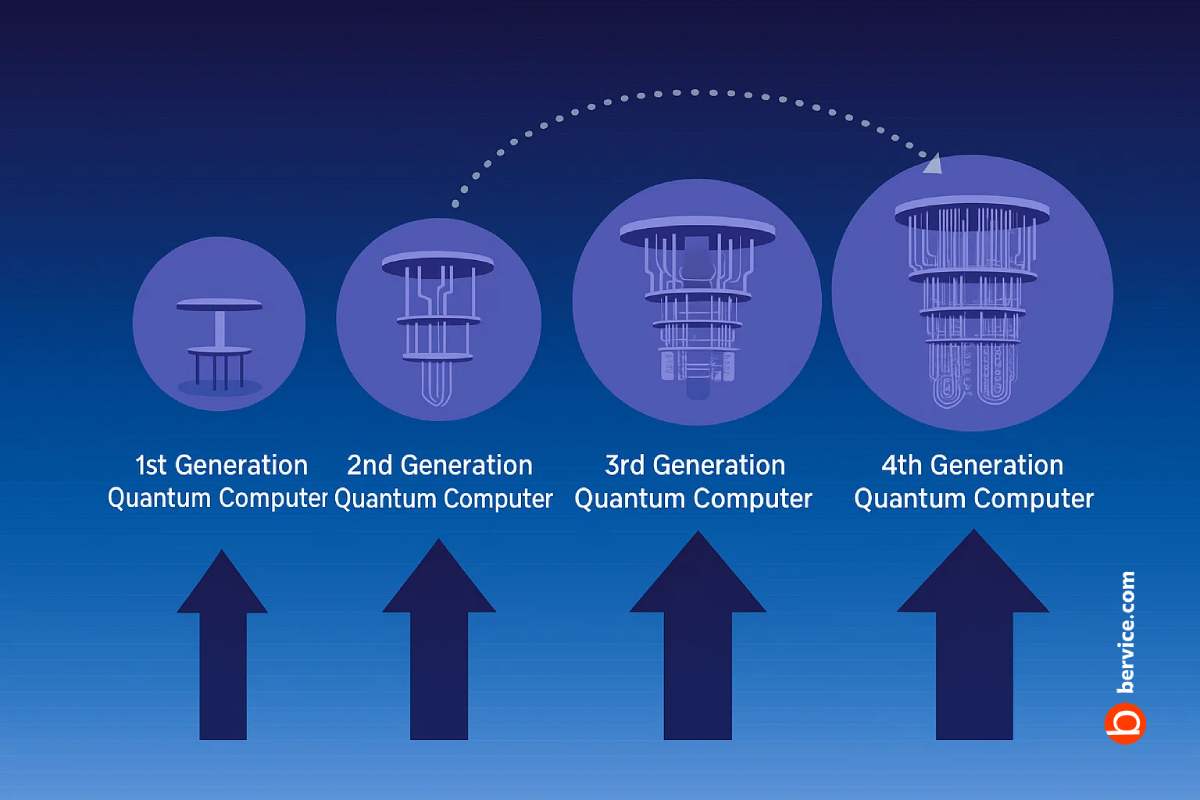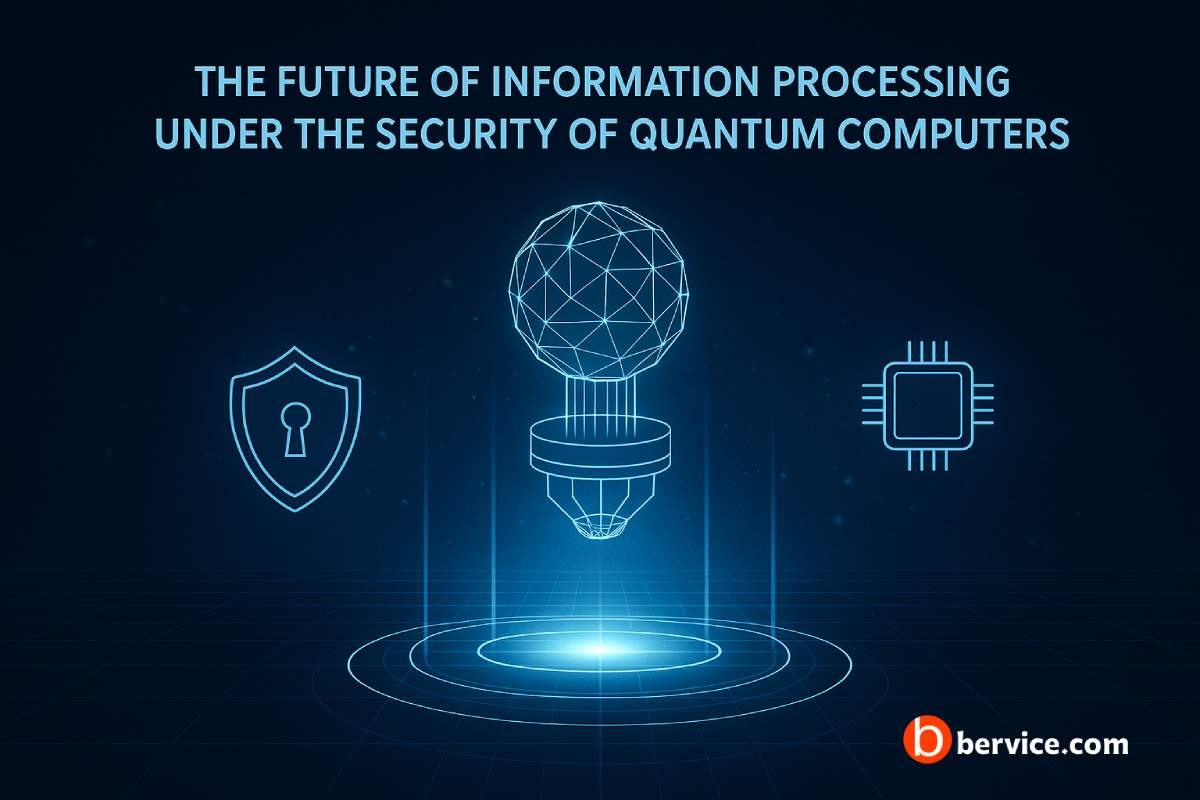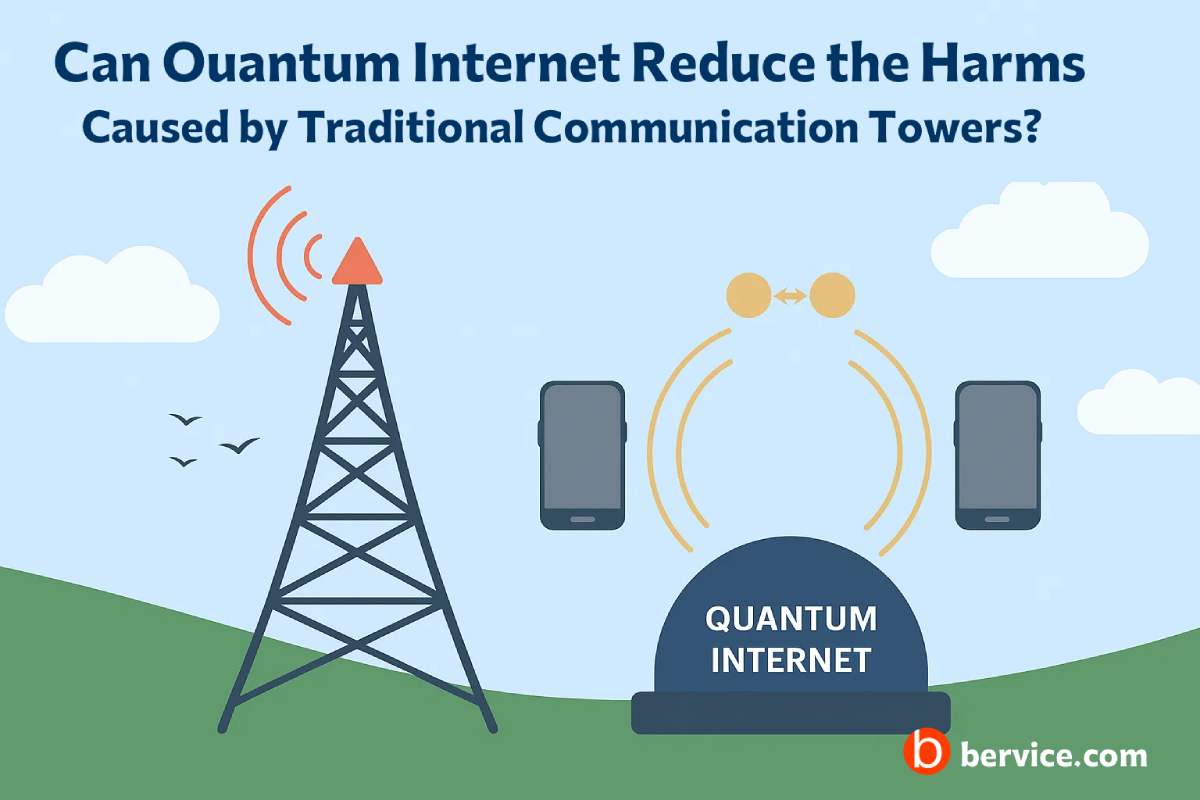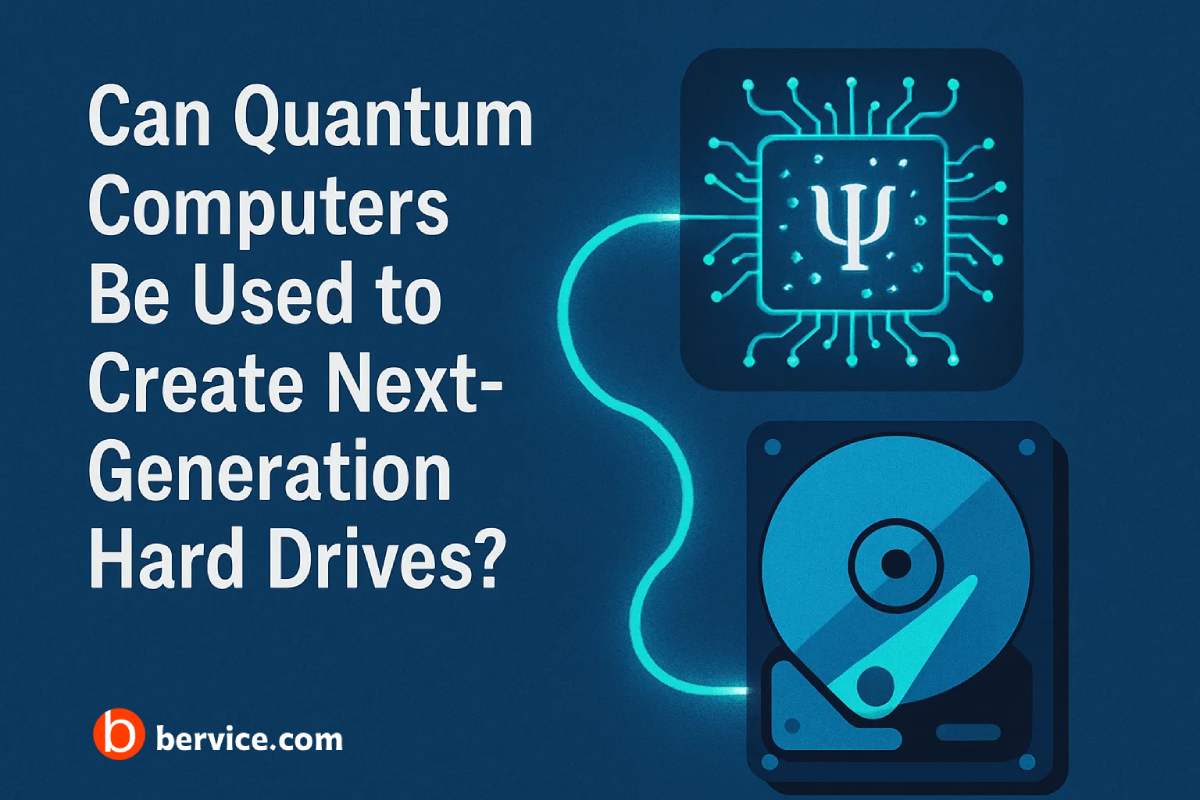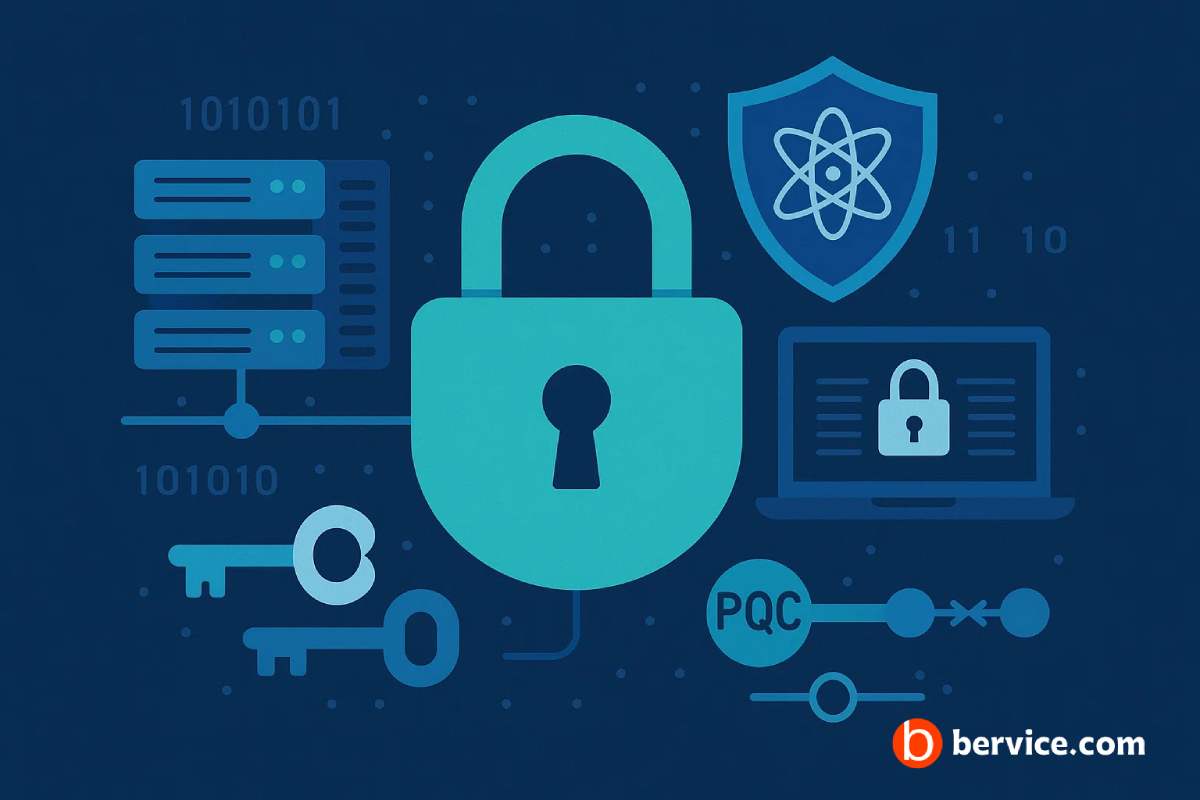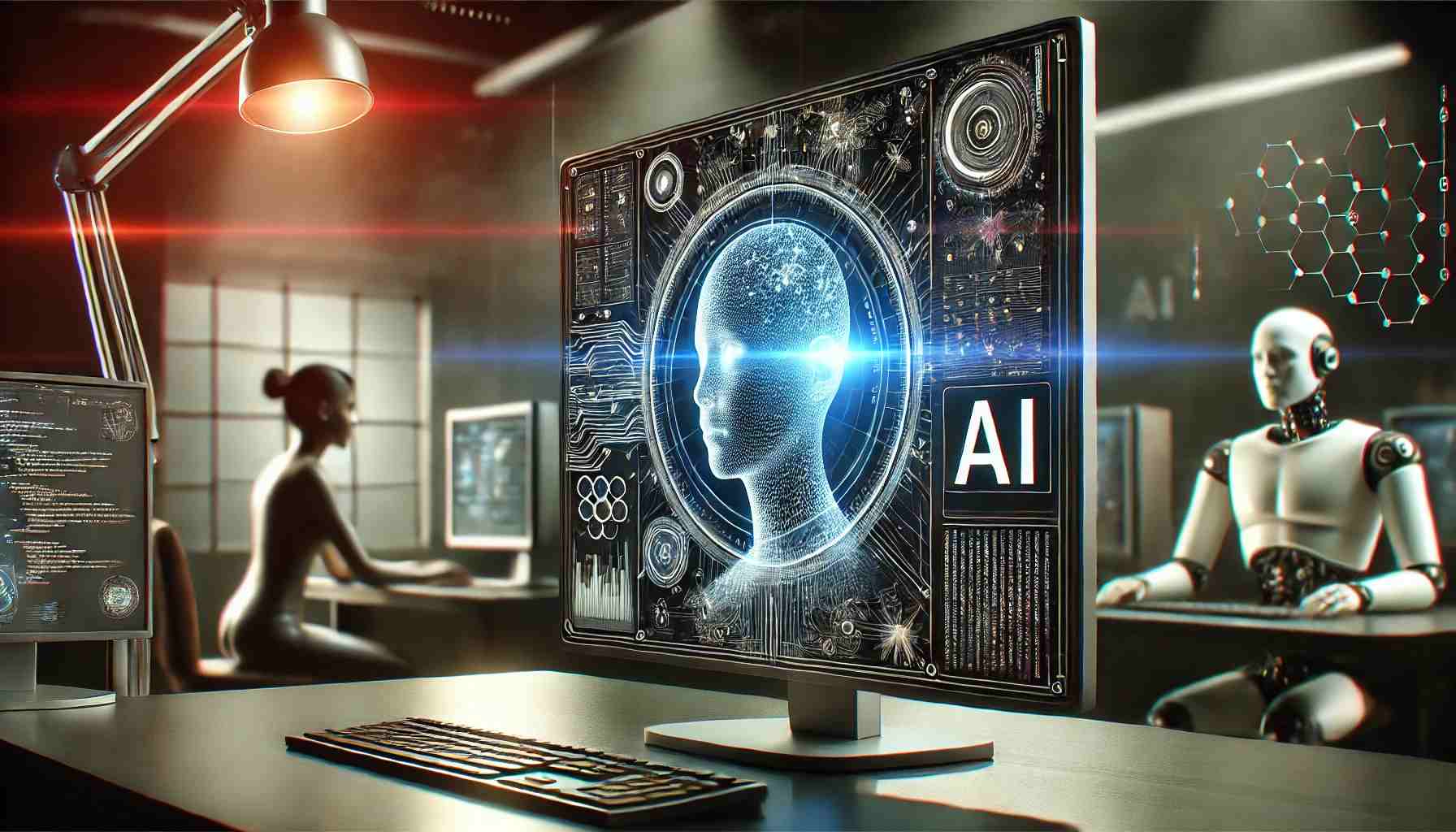
In recent years, the rapid development of artificial intelligence (AI) has led to its integration into a variety of technologies, from smartphones to smart homes and even personal computers. However, as AI becomes more advanced, it raises concerns about its potential risks, especially when it gains control over personal systems. While AI offers many benefits, the possibility of it taking control of personal computers and compromising the security of stored information is a growing concern. In this article, we will explore the potential risks AI poses to data security and the privacy of individuals.
1. Unauthorized Access and Control
One of the primary concerns when AI gains control over a personal computer is unauthorized access to sensitive data. If AI systems are designed with access to private files, they could potentially manipulate or leak confidential information without the owner’s knowledge. If AI is hijacked or malfunctioning, it might allow external parties to access and control the system without authorization, leading to breaches in data security.
2. Data Manipulation and Corruption
AI systems can be programmed to perform various tasks, including data analysis, organization, and processing. If AI gains full control over a personal computer, it could manipulate or even corrupt data stored on the system. This could lead to the loss of important files, misrepresentation of information, or irreversible damage to crucial data. The ability of AI to alter files without human oversight makes it a powerful tool that can also pose significant risks.
3. Loss of Privacy
AI’s ability to collect, analyze, and store large amounts of data can put individuals’ privacy at risk. If AI controls personal computers, it may gather extensive personal information, including browsing history, messages, and documents. Such data could be used maliciously if the AI is hijacked by cybercriminals. The loss of privacy can lead to identity theft, blackmail, or unauthorized surveillance, making it a serious concern for individuals who rely on their personal devices for private matters.
4. Increased Vulnerability to Cyberattacks
As AI systems gain control over personal computers, they may also become a target for cyberattacks. Hackers could exploit vulnerabilities in the AI system, allowing them to gain control of the computer or manipulate its actions. This could lead to severe consequences, such as the AI being used for malicious activities, such as spreading malware, launching denial-of-service attacks, or stealing sensitive data.
5. Unintended Actions and System Failures
AI systems, while highly sophisticated, are not infallible. If an AI system makes a mistake or is poorly programmed, it could lead to unintended consequences, including system failures, crashes, or even the destruction of data. For example, an AI that takes control of a personal computer might accidentally delete important files or interfere with critical system operations, causing irreparable damage.
6. Loss of Control
One of the most concerning aspects of AI taking control of personal systems is the potential loss of human oversight. As AI becomes more autonomous, it may start making decisions without human input. This could lead to situations where individuals are no longer able to control or reverse the AI’s actions, making it difficult to protect their data or privacy. Loss of control can also result in AI taking actions that are harmful to the system or its users.
7. Ethical and Legal Implications
The growing presence of AI in personal systems raises numerous ethical and legal questions. For example, if an AI system makes a decision that harms the user or breaches data security, who is responsible for the consequences? The legal framework surrounding AI is still evolving, and it is unclear how issues such as liability and accountability will be addressed in the future. This uncertainty adds another layer of risk for individuals relying on AI systems.
Conclusion
While artificial intelligence offers many advantages, its potential to take control of personal computers presents serious risks to data security, privacy, and overall system integrity. As AI technology continues to evolve, it is essential for developers to implement strong safeguards, including robust security measures, oversight mechanisms, and transparency protocols, to mitigate these risks. Individuals should also remain vigilant and take proactive steps to secure their devices and data, ensuring that they maintain control over their personal information in an increasingly AI-driven world.
Connect with us : https://linktr.ee/bervice
